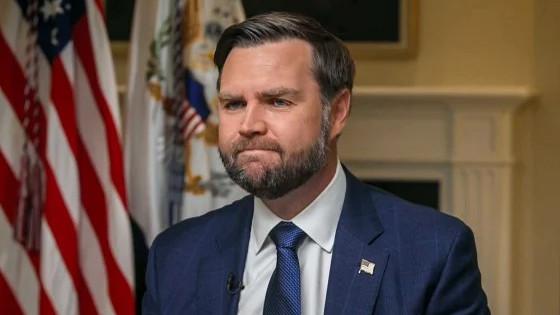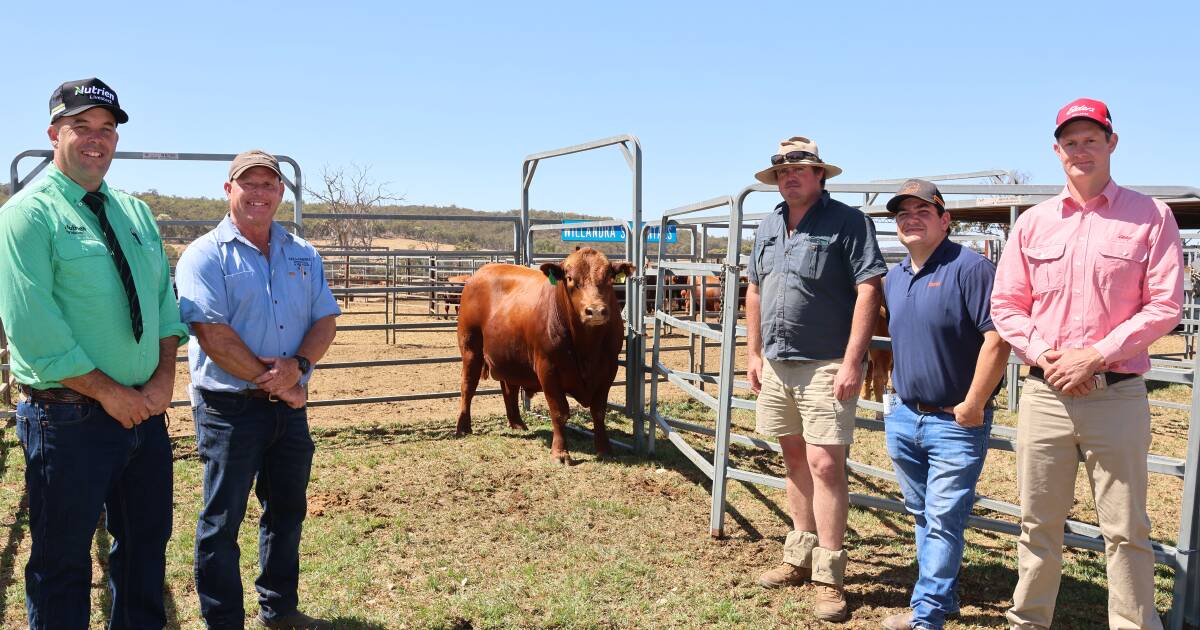
US Vice President JD Vance expressed optimism regarding efforts to end the ongoing conflict between Russia and Ukraine. In a recent interview on NBC News’ *Meet the Press*, Vance noted that he believes the United States can successfully mediate peace despite challenges that have arisen following President Donald Trump’s meeting with Vladimir Putin earlier this month.
Vance stated, “We believe we’ve already seen some significant concessions from both sides, just in the last few weeks.” His comments come in the wake of a recent Russian missile strike on western Ukraine that targeted an electronics factory owned by a US-based company, injuring several workers. When asked by moderator Kristen Welker if he was “enraged” by the attack, Vance criticized former President Joe Biden for what he described as a lack of effective action during his administration.
“I don’t like it,” Vance said regarding the missile strike. “But this is a war, and this is why we want to stop the killing. The Russians have done a lot of things that we don’t like. A lot of civilians have died. We’ve condemned that stuff from the get-go.” Vance emphasized that while he disapproves of Russian aggression, he believes that Trump has played a more proactive role in applying pressure on Russia compared to Biden.
During the interview, Vance also addressed the complexities of negotiating peace. Trump remarked on Friday that he was not satisfied with the recent missile strikes and suggested that reaching a peace deal could take weeks. “I think over the next two weeks, we’re going to find out which way it’s going to go,” Trump said.
Despite the challenges, Vance maintained that there is still significant room for negotiation. “We’re going to eventually be successful, or we’ll hit a brick wall. And if we hit a brick wall, then we’re going to continue this process of negotiation, of applying leverage,” he stated, referring to what he described as “energetic diplomacy.”
Vance responded to Welker’s query regarding the pressure on Russia in the absence of new sanctions, asserting that Trump has implemented “aggressive economic leverage,” including secondary tariffs on countries like India, aimed at weakening Russia’s oil economy.
The Vice President reaffirmed Trump’s stance against deploying US troops to enforce any potential peace agreement. “The president has been very clear,” Vance said. “There are not going to be boots on the ground in Ukraine. But we are going to continue to play an active role in trying to ensure that the Ukrainians have the security guarantees and the confidence they need.”
As the interview unfolded, it coincided with escalating tensions regarding the peace process. On March 15, 2024, Russia’s foreign minister indicated that no meetings between Ukrainian President Volodymyr Zelensky and Putin had been scheduled, raising doubts about Trump’s ability to mediate effectively.
Vance expressed confidence that the Russians are not merely stringing Trump along. He emphasized that they have made significant concessions, which he described as a notable change in their approach over the past three and a half years of conflict. “They’ve actually been willing to be flexible on some of their core demands,” he noted.
While acknowledging the hurdles that have emerged since Trump’s meeting with Putin, Vance remained optimistic about the negotiations. “There are hills and valleys to the negotiations. We sometimes feel like we’ve made great progress with the Russians, and sometimes, as the president has said, he’s been very frustrated with the Russians,” he said.
Vance highlighted that the ultimate decision to end the violence lies with both Russia and Ukraine finding common ground. He reiterated that while not every demand has been conceded by Russia, they have accepted that Ukraine will retain its territorial integrity post-conflict.
On the topic of security guarantees for Ukraine, Vance clarified that discussions surrounding this issue would only occur after the war concludes. He acknowledged that Russia would play a role in those discussions but reiterated that the focus must remain on ending hostilities first.
In addition to foreign policy, Vance addressed domestic issues during the interview, particularly recent congressional maps approved by the Republican-controlled Texas House of Representatives. He argued that these changes could bolster the GOP’s majority, asserting that the party is simply working to rectify perceived imbalances created by aggressive gerrymandering in Democratic states.
When questioned about his political future and potential aspirations as Trump’s successor in the 2028 election, Vance deflected, emphasizing his current role as vice president. He stated, “I see myself as a vice president who’s trying to do a good job for the American people.”
Ultimately, Vance affirmed his commitment to the administration’s goals, stating that his focus remains on serving the public and supporting Trump’s agenda. He reiterated, “We can cross that bridge when we come to it,” indicating that discussions about future political ambitions are secondary to his current responsibilities.





